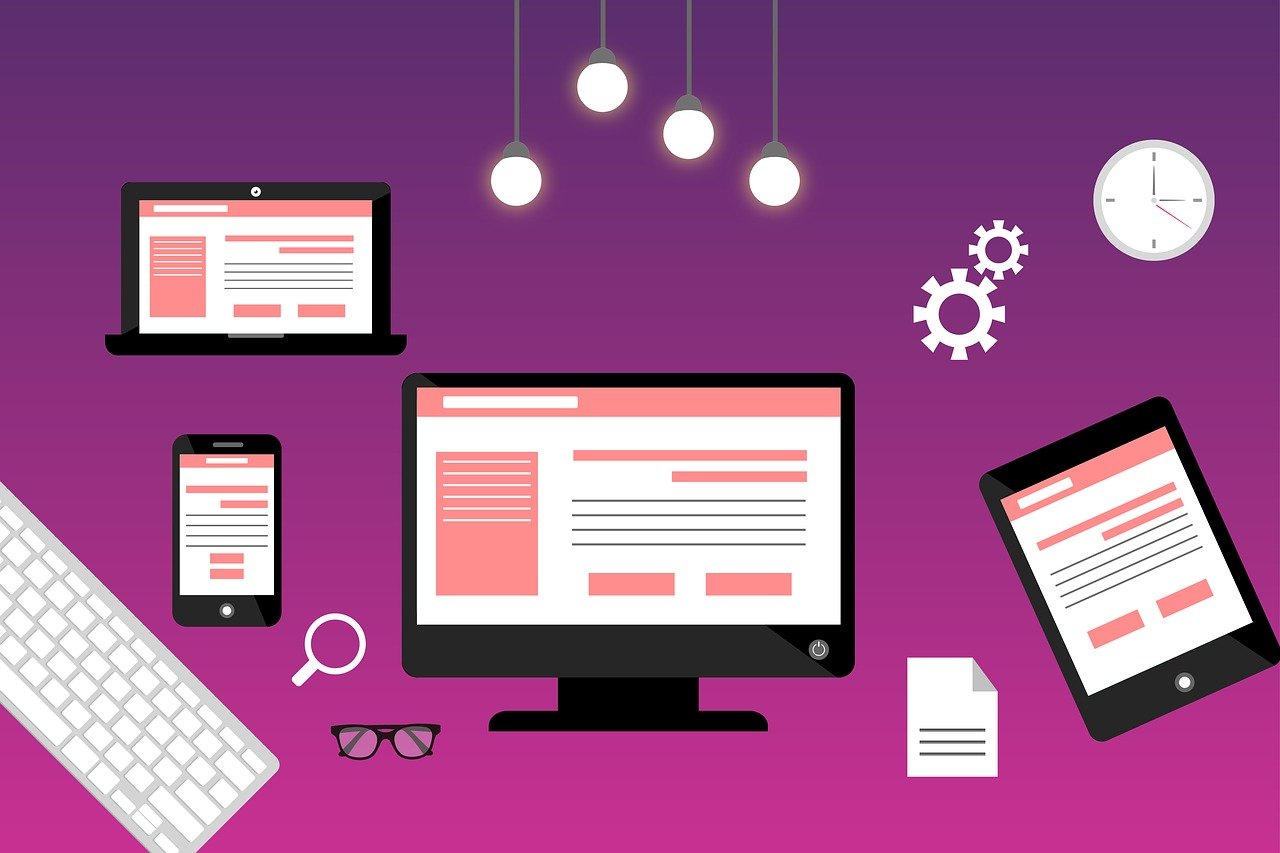A robust website design ought to satisfy its expected capacity by passing on its specific message while at the same time joining with the guest. A few factors like consistency, colors, typography, symbolism, straightforwardness, and usefulness are excellent web designs.
While planning a site, many vital factors will add to how it is seen. A very much-designed site can assist with building trust and guide guests to make a move. Creating an extraordinary client experience includes ensuring your website design is upgraded for convenience and easy to utilize.
The following are a few rules that will help you while considering your next website designing project.
Purpose of the Website
Your site needs to oblige the necessities of the client. Having a clear fundamental goal on all pages will assist the client with associating with what you bring to the table. What is the reason for your site? Could it be said that you are granting pragmatic data like a 'How to direct'?
Is it a diversion website like games inclusion, or would you say you are offering an item to the client? There are several purposes that sites might have. However, there are center purposes normal to all websites;
- Depicting Expertise
- Building Your Reputation
- Producing Leads
- Deals and After Care
Simplicity
Simplicity is the best way to consider your website's user experience and usability. Below are ways to attain clarity via design.
Color
Color can liaise messages and can give rise to emotional responses. Finding a color palette that shapes your brand will influence your customer's behavior towards your brand. Keep the color selection limited to less than five colors. Complementary colors work very well.
Pleasing color combinations increase customer engagement and make the user feel good.
Type
Typography has a vital part to play in your website. It requires attention and works as the visual explanation of the brand voice. Typefaces should be clear and only use a maximum of three different fonts on the site.
Imagery
Imagery is every visual aspect applied within communications. This includes still photography, video, illustration, and all forms of graphics. All imagery should be expressive, capture the company's spirit, and act as the expression of their brand personality.
Most of the initial information we utilize on websites is visual. As a first impression, high-quality images must be used to form an impression of professionalism and credibility in the visitors' minds.
Navigation
Navigation is the wayfinding framework utilized on sites where guests associate and observe what they are searching for. Site route is critical to holding guests.
On the off chance that the site route is befuddling, guests will surrender and observe what they need somewhere else—keeping the course essential, natural, and reliable on each page.
F-Shaped pattern reading
The F-based example is the most widely recognized way guests filter text on a site. Eye-following examinations have seen that a large portion of what individuals see is in the top and left region of the screen.
The F molded format mirrors our typical example of perusing in the West (left to right and start to finish). A planned site will work with a pursuer's typical example of checking the page.
Visual Hierarchy
A progressive visual system is the plan of components arranged by significance. This is done by size, shading, symbolism, contrast, typography, whitespace, surface, and style. One of the main elements of visual order is to lay out a point of convergence; this shows guests where the primary data is.
Content
A successful site has both extraordinary plans and incredible substance. Utilizing clear language, the unique essence can draw in and impact guests by changing them into clients.
Grid-Based Layout
The grid aids in structuring your plan and keeping your substance coordinated. The framework assists with adjusting components on the page and keeping it clean. The lattice-based design orchestrates content into a clean unbending framework structure with segments, areas that line up and feel adjusted, and force request and results in a stylishly satisfying site.
Loading time
Trusting that a website will load will lose guests. Almost 50% of web guests anticipate that a webpage should stack in 2 seconds or less, and they will possibly leave a website that isn't stacked inside 3 seconds. Advancing picture sizes will assist with stacking your site quicker.
Dynamic
More individuals are utilizing their telephones or different gadgets to peruse the web. It is vital to consider building your site with a responsive format to conform to various screens.
Wrapping up
The tips discussed in this article can help you take your design game a notch higher as a website designer. To be a good website designer, you must stand out from the crowd.
It can be challenging to provide a great user experience if you do not have new ideas or strategies. Hopefully, the above article will help you so that you can use them to your advantage.
We accept guest post for Technology Write For Us Category on email at solutionschhabra@gmail.com


